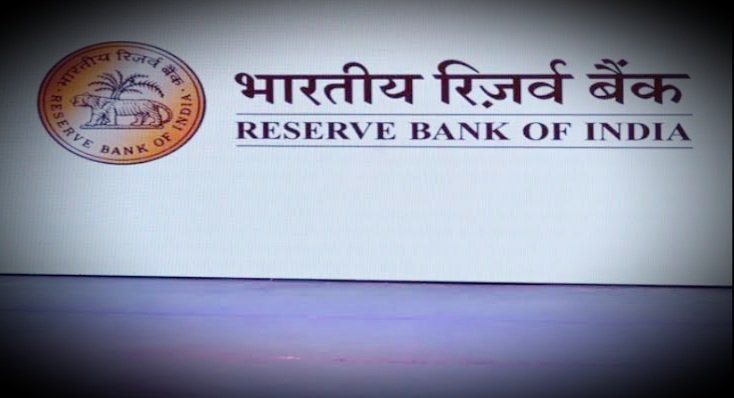
According to Reserve Bank of India data, the country’s employment rate grew by 6 percent in the financial year ending March 31, 2024, up from 3.2 percent in 2022-23.
Employment in the country improved by 4.67 crore to 64.33 crore (provisional) in the fiscal year 2023-24, from 59.67 crore in 2022-23, the RBI’s Measuring Productivity at the Industry Level-The India KLEMS [Capital, Labour, Energy, Material and Services] database showed.
RBI data shows that employment in the country stood at 57.75 crore in the year ending 2022-23, while it was 56.56 crore in 2021-22.
The database covers 27 industries covering the entire Indian economy. The database also provides these estimates at broad sectoral levels (agriculture, manufacturing and services) and at the all India level.
It includes measures of gross value added (GVA), gross value of output (GVO), labor employment, labor quality, capital stock (K), capital structure, energy consumption, materials and services inputs, labor productivity and total factor productivity.
According to the latest quarterly bulletin of the Periodic Labor Force Survey (PLFS) released by the Ministry of Statistics and Program Implementation (MoSPI) in May 2024, the unemployment rate (UR) in urban areas decrease to 6.8 percent during January-March 2023. 6.7 percent in January to March 2024 for persons aged 15 years and above.
Female unemployment rate reduced from 9.2 percent in January to March 2023 to 8.5 percent in January to March 2024. The PLFS data shows that the labor force participation rate (LFPR) in urban areas jump from 48.5 percent in January-March 2023 to 50.2 per cent during January-March 2024 for persons aged 15 years and above.
The worker population ratio (WPR) for persons aged 15 years and above had an increasing trend from 45.2 per cent in January to March 2023 to 46.9 percent in January to March 2024. The data shows that the female worker population ratio in urban areas improved from 20.6 percent in January-March 2023 to 23.4 percent during January-March 2024, showing an overall increasing trend in the WPR.
